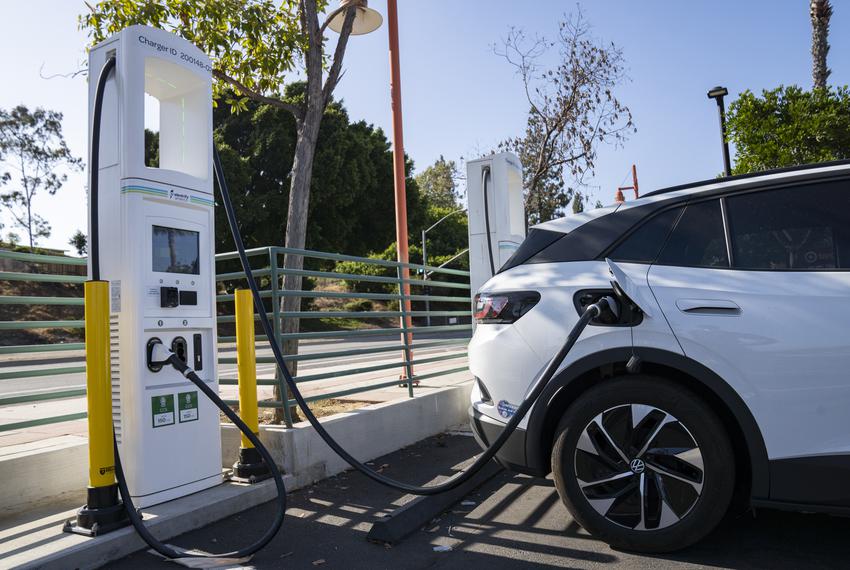Effects of Electric Cars
Many people in today’s times believe that there are issues in our environment that need to be changed. Whether these problems are deforestation, climate change, or air pollution, there are many problems that our society now has in our environment. These problems will also continue to get worse in the future also. Many people are trying to make many changes in their own, and other peoples’, lives to protect our environment, and prevent it from further harm. One of the many precautions people have tried to take is driving electric cars. While driving electric cars can benefit our environment in certain ways, there are many problems that may arise from driving them, and there are numerous outcomes from the production of these electric cars and their batteries.
One of the many reasons electric cars aren’t as efficient as many think is the mileage range an electric car can get. The best electric cars can get somewhere around 300 miles per charge. However, some electric cars can only get about 150 miles per charge. A regular gas or diesel car can get about 500 miles each time you fill up the tank. The mile range on a Tesla car has about a 400-mile range. So, if you happen to be low on charge without a charging station nearby, you may be stuck in the middle of nowhere and need a tow.
Another reason everyone shouldn’t be driving electric cars is the effect producing an electric car and its lithium battery has on the environment. To start out with, a normal gasoline or diesel vehicle takes about 7-10 tons of CO2 to manufacture. Manufacturing an electric car utilizes about the same amount of CO2; however, this number doesn’t include manufacturing the lithium battery. To produce a lithium battery, which has a range of about 300 miles every charge, utilizes about another 9 tons of CO2 to produce. This means to manufacture an electric car, a company releases about double the amount of CO2 into the atmosphere. These numbers don’t include the amount of CO2 produced into the atmosphere from the generators at electric car charging stations.
Furthermore, I don’t think people understand just how “efficient” their electric cars are. In some cases, a charging station may use 36 gallons of diesel fuel to provide a 200 mile charge. This is the equivalent of 5.6 miles per gallon. Not all charging stations are this inefficient, but some are.
Overall, when you are considering buying an electric car in the future, you may want to reconsider your purchase. If you are trying to just save money on gas, then great. But, if you are trying to help the environment, make other changes in your life. Simple changes in your life, like riding a bike somewhere or carpooling with someone to a place, can, in time, have positive effects for our environment.
My name is Cole McCloskey. I am a senior at Lewis Cass. I run cross country and track, and I'm involved in different clubs at Cass.









